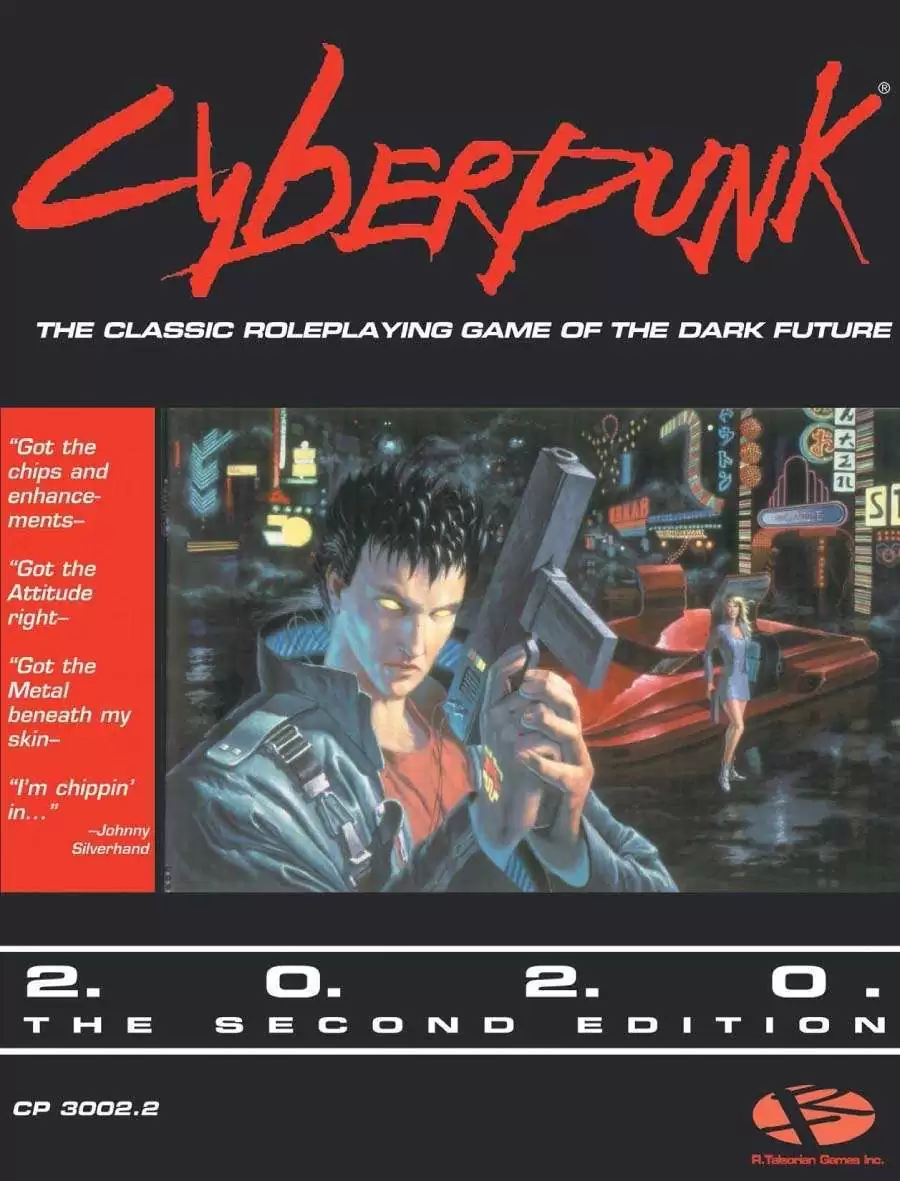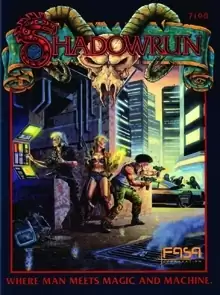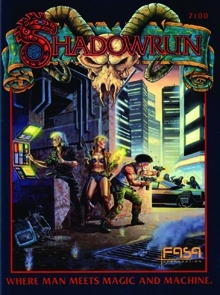You don't hear this talked about a lot, but there is one reason for why--outside of Horror--you don't see successful comteporary adventure games that lack some superpower element is because Things Change Over Time.
Palladium has Ninjas & Superspies, TSR had Top Secret, AEG has Spycraft, GDW had Twilight 2000, and there's been others in this mode over the years. All of them ground themselves in what was Here And Now at the time, and they are intended to be some form of Action Adventure Game.
Because they are meant to be set Here And Now, that opens the game to be vulnerable to the changes in technology, culture, standards, and practices over time. Handling that means adding to the game. This is easier and harder than it seems.
It's Easier
You don't need to wait on someone to publish product for the game.
You can just look up product maker websites directly. You can use Google Maps (etc.) to scout locations. The Chans, Kiwifarms, etc. are good places to lurk (and fucking lurk, not post) for those dealing in Weird Shit in their games. YouTube (etc.) has plenty of intro-level videos on topics across the board, so if you want to throw together your own Mission: Impossible thing (which is what Spycraft is for) then you can directly consult source material for everything.
Glamorous villa location for your players to trash in a firefight? Plenty of Real Estate search sites (and channels) to look at to find the right one in the right place, which you can then geo-locate via Google Maps and figure out travel times (and passage fees).
Going to do Action Movie Action sufficient to ressurect Cannon Films? Every firearms manufacturer and accessory manufacturer is online, and getting current pricing isn't that hard either. The same applies to cars, trucks, motorcycles, boats, planes (yes, including yachts and private jets). Yes, including the Bespoke sort that have six or seven figure pricetags (or more) and are in batches of a score or less.
Clothes? You got it all online. Bespoke stuff. Off the rack. Clearance. And in many cases your players' mans can order them online and have them shipped to whatever address they provide. Price quotes? Check. Shipping times? Check.
Hotels? You can check them online in real time. Weather conditions and forecats are online. The basics of security procedures (enough to extraopolate from there) are extensively documented.
And almost all of it is out in the open.
It has never been easier to just put the real stuff into the game. But-
It's Harder
When it's time to put the mechanics into action that's when your System Mastery shows itself. Your man has the latest iPhone. Can he use it Hack The Gibson and bypass the electronic security controls?
Or, more likely, can your man crack a card reader to skim the user data of those swiping their cards (or tapping their phones) and use it to get past whatever.
Your man's pistol uses 5.7 ammunition. What, in mechanical terms, are its performance characteristics? (Yes, this means "XdY damage" is not sufficient.) What Rate of Fire can he achieve, given how the game's combat systems work? (Remember, you're talking about a setting where people, in earnest, still use firearms from the 19th century in combat; this matters.)
That late model Ford F-150 has no remote kill switch, right? Your man isn't moving around sufficient funds to trigger automatic reporting, is he? (There are multiple ways for this to happen.) He hasn't been kicked off Stripe, has he? Had his bank accounts closed, like what happened to Nigel Farage? And does he realize that his iPhone is a snitchbrick that always reveals his location via GPS, and has fireware-level backdoors into its microphone and camera?
Those are all things that need to be sorted out in terms of mechanics and procedures, which means that you need to translate Real Life to Game World terms.
That, by the way, is what a lot of apologists for Conventional Play use as a fallback position to justify the Conventional Play model of the supplement treadmill- of pushing reams of product. "You're paying him to do that for you" they say, only that they don't and they just half-ass it.
So Which Is It?
If you know how to approach it, it's easier. That requires having a solid game product with clear technical documentation as to what the rules are, how they work, and why; you will also have a bitch of a time finding that product because they're buried under blizzards of bullshit.
With that in hand, figuring out how to use Current Day things in game terms becomes trivial; you have a rubric, you use it, it works, and Bob's your Uncle.
Without it, you're making (at best, informed) wild-assed guesses and tinkering your way to something that passes for playable in a dark alley at midnight- like how Bizzaro passes for Superman under poor lighting. That gets tiresome fast for most people, and wears even the most dedicated (or austistic) hobbyist down over time.
And now you see why it's usually Horror that remains popular, because so much of this hassle does not apply.
A Note On Genre Dominance
Because of all this variability over time, contemporary settings are dynamic to the point of distraction and undesirability for most people. Things that Work This Way in reality don't in the game because the game's rules are pisspoor and can't address the situation properly.
Fantastic otherworldly adventure games don't have this problem because they are static. A sword is a sword is a sword, and the differences between types is easily handled as AD&D1e proved conclusively over 40 years ago. Such settings, because they are easier to handle and run, have far greater appeal to Normies and Hobbyists alike as a direct result of this fact- and it also explains why anything smacking of Modernity in terms of technology is steadfastly refused and gatekept out.
You'll also see that the mass popularity of any given fantastic futuristic setting also showcases this static quality- e.g. Uncle George's Space Opera. A lot of the grumbling, bickering, and complaining comes about because this stasis is broken somehow (e.g. the Clans in BattleTech) and the response as a result is a fracturing of the user base. For a product category wholly dependent upon Network Effects, this is incompetence in action- you are Fucking With The Money.
This, by the by, validates my position that Official Settings should just tell the backstory and then stop- as Harn does. Never advance the timeline because that's the players' job.





